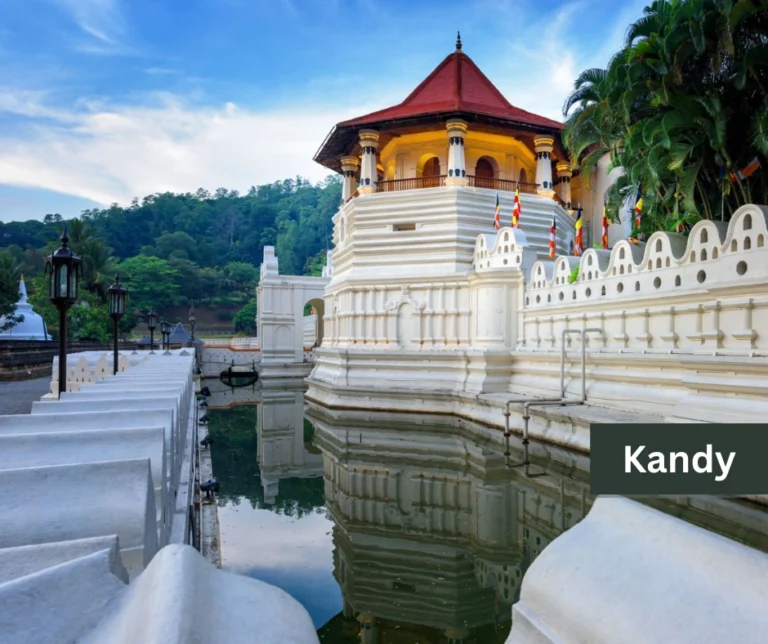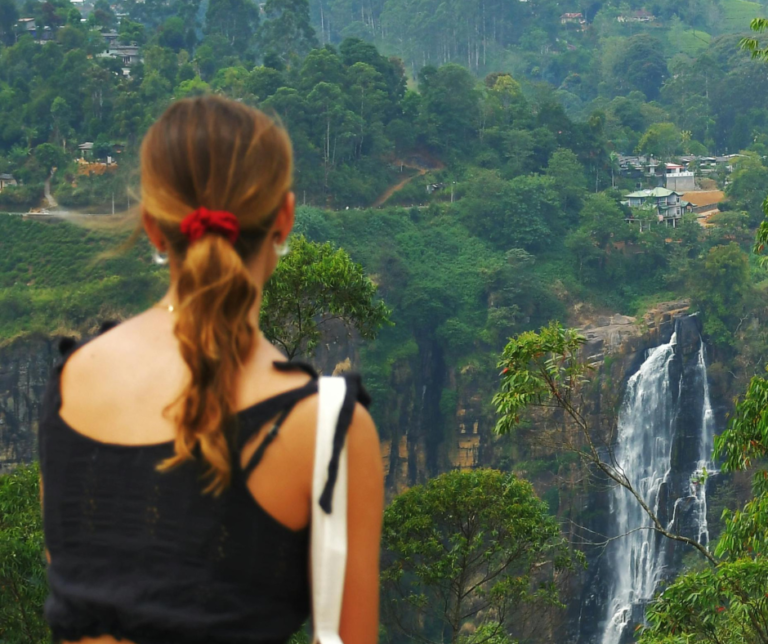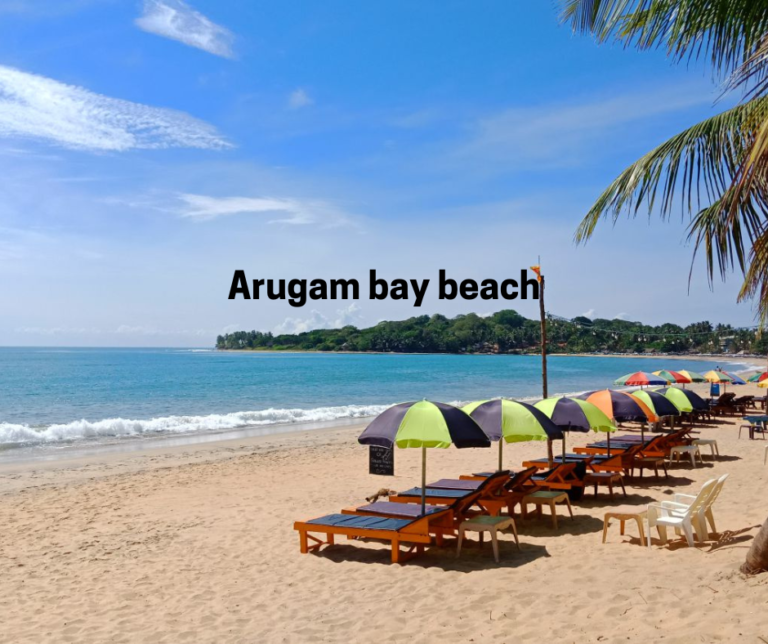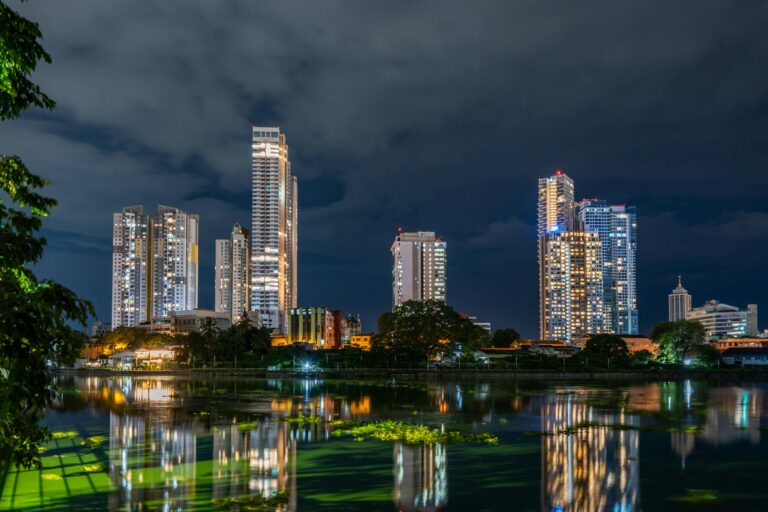Exploring Jaffna: A Cultural and Historical Gem of Sri Lanka
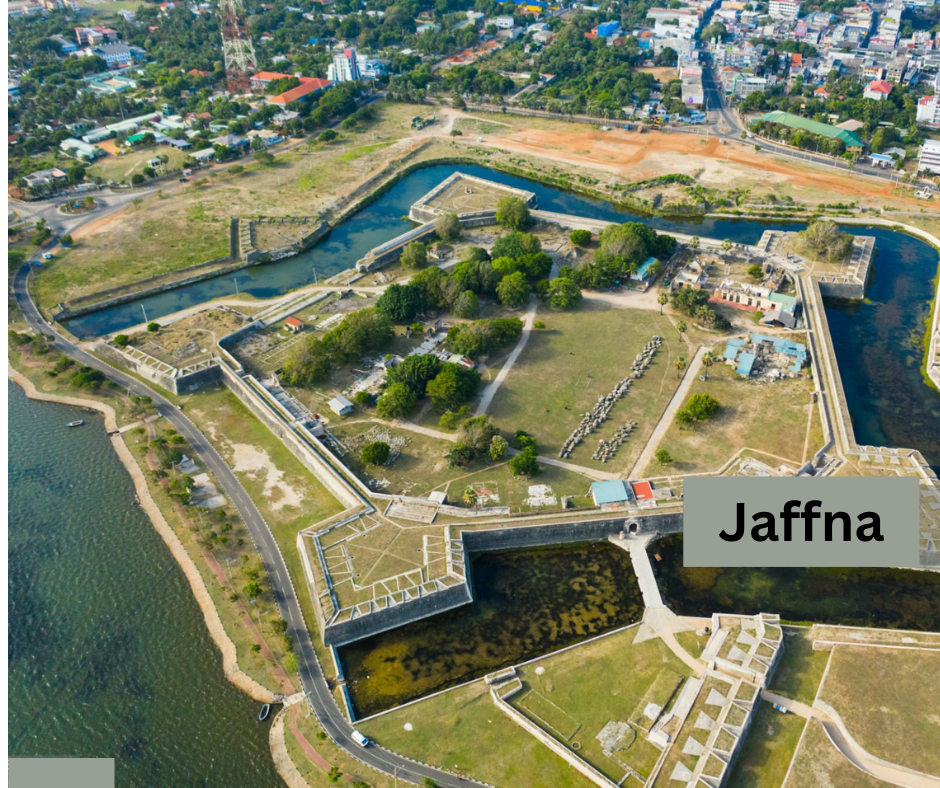
Introduction
Tucked in Sri Lanka’s northernmost point, Jaffna is a dynamic city rich in cultural legacy, history, and breathtaking scenery. Jaffna presents a varied experience for visitors, well-known for its special mix of Tamil culture, colonial architecture, and important historical sites. Jaffna guarantees an amazing trip whatever of your interests—history, people, or stunning natural beauty.
This blog post will go over the several aspects of Jaffna—its history, culture, food, attractions—as well as useful advice for visiting this magical place.
A Brief History of Jaffna
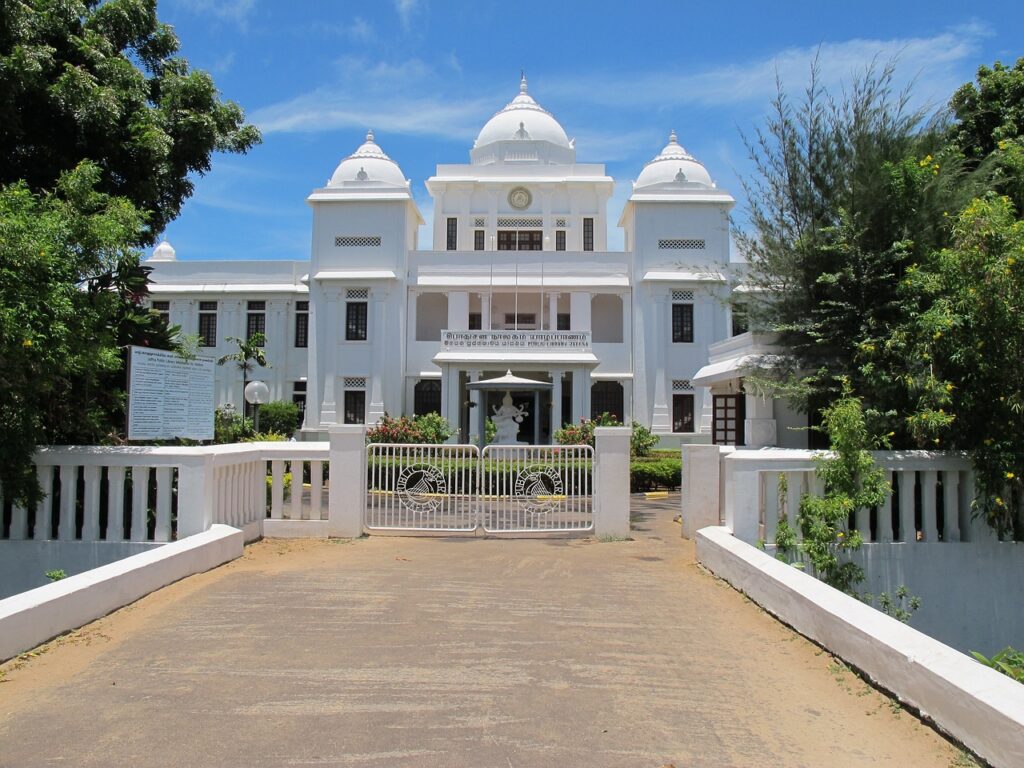
The past of Jaffna is like a tapestry, with threads from different times and places, from ancient civilizations to colonial forces. Archaeological evidence points to a rich Tamil history, and people have lived on the Jaffna Peninsula since at least the 2nd century BC.
Ancient Period
- Ancient Tamil kingdoms that flourished in the area significantly contributed to Jaffna’s past. Buddhist texts mention Jaffna under the old name “Nagadipa.”
- The area was a major hub for trade and culture, with links to South India, especially during the rule of the Chola and Pandya dynasties.
The Colonial Era
- When the Portuguese came to Jaffna in the 1600s, they took control of the area. They built churches and forts, which are still standing today.
- In the 17th century, the Dutch took over, and in the 19th century, the British did the same. As a result of the British making big changes to Jaffna’s government and facilities, it grew into an important administrative hub.
Civil Conflict
Civil unrest and war ruled the second half of the 20th century, having a big impact on Jaffna and its people. The civil war, spanning over 25 years, claimed many lives and destroyed a significant amount of cultural heritage.
- Jaffna has been recovering and rebuilding since the end of the war in 2009. There is now more focus on tourists and preserving culture.
Cultural Heritage
The festivals, art, music, and dance of Jaffna embody its distinctive Tamil culture. The city is home to a diverse array of cultural practices that are indicative of the Tamil people’s rich traditions.
Celebrations
- Thai Pongal: During this harvest festival in January, people prepare traditional sweet rice and decorate their homes with colorful kolams (rice flour designs).
- The Nallur Kandaswamy Kovil Festival is an annual event that draws thousands of devotees and tourists to the Nallur Kandaswamy Temple. The festival is characterized by vibrant processions, music, and performance.
Arts and crafts
- Jaffna is renowned for its handicrafts, which include woven textiles, traditional jewelry, and intricate brass work. Numerous local artisans exhibit their wares in markets located throughout the city, which are accessible to visitors.
Culinary arts
Jaffna’s culinary landscape reflects its cultural diversity. Traditional culinary methods, fresh seafood, and spices distinguish the cuisine. Signature dishes consist of:
- Jaffna Crab Curry: A dish that is both spicy and aromatic, crafted from fresh crabs, coconut milk, and seasonings.
- Goraka, a tropical fruit, lends its unique tangy flavor to Fish Ambul Thiyal, an acidic fish curry.
- Traditionally, South Indians consume Dosai and Idli for breakfast. A batter of fermented rice and lentils prepares them.
Top Attractions in Jaffna
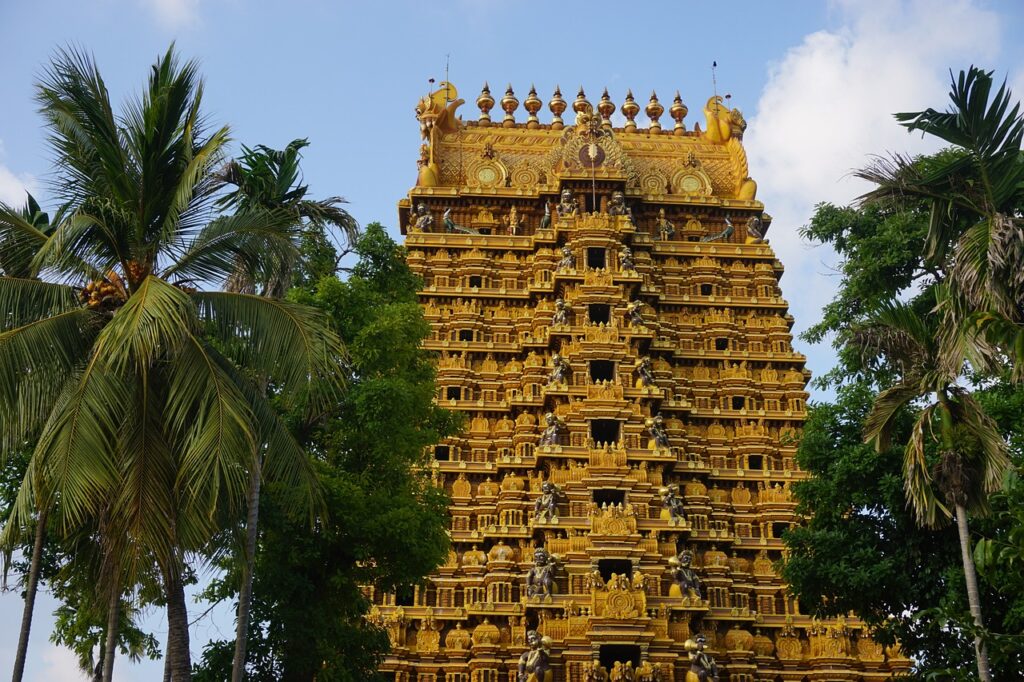
Jaffna is home to a myriad of attractions that reflect its rich history and cultural heritage. Here are some must-visit sites:
Nallur Kandaswamy Kovil: One of the most significant religious sites in Jaffna is this Hindu temple, which honors Lord Murugan. The temple has beautiful buildings, bright sculptures, and a calm atmosphere. A big draw for many tourists is the festival that happens here every year.
Jaffna Fort: The Portuguese built Jaffna Fort in the 1600s, and the Dutch later added on to it. The fort demonstrates the city’s use during its colonial era. People can look around the ramparts, bastions, and ruins of the fort while taking in the views of the nearby area.
Keerimalai Springs: People believe these natural streams on the coast to have healing powers. It’s a famous spot for both locals and tourists because of the clear blue water and beautiful scenery. It’s also a wonderful spot for a swim to cool off after a long day of traveling.
The Jaffna Library: During the civil war, the Jaffna Library, once regarded as one of Asia’s best libraries, suffered a fire. Rebuilt, it now stands as a testament to its strength. The library has a huge collection of books and is a cultural hub for the neighborhood.
Point Pedro: Point Pedro is the northernmost point of the Jaffna Peninsula. It has beautiful views of the coast and a peaceful mood. This lighthouse is a beautiful place to take pictures and rest.
Delft Island: Delft Island is only a short boat ride from Jaffna. It is famous for both its natural beauty and its historical importance. People can see the island’s unique plants and animals, as well as its old ruins and famous Delft ponies. The island is a wonderful place to spend a day because it has beautiful scenery and quiet beaches.
Practical Tips for Visiting Jaffna
Getting There: Jaffna is accessible by road and rail from Colombo, with several daily buses and trains available. The journey offers scenic views of the countryside and coastal landscapes.
The best time to visit: The best time to visit Jaffna is during the dry season, from November to March, when the weather is pleasant and ideal for exploration.
- Accommodation: Jaffna offers a range of accommodation options, from budget guesthouses to more upscale hotels. Booking in advance is advisable, especially during festival seasons.
- Respect local customs: Jaffna is a culturally rich region with strong traditions. We encourage visitors to dress modestly when visiting temples and to respect local customs.
Conclusion
Explore Jaffna’s rich history, culture, and breathtaking nature. All visitors to Jaffna can enjoy a rich experience, thanks to its beautiful colonial buildings and old temples, as well as its delicious food and friendly people.
Jaffna has something for everyone, whether you are interested in history, food, or new experiences. Participate in the city’s lively culture, enjoy its delicious food, and learn about its rich history. Going to Jaffna is more than just a trip; it’s a chance to get to know Sri Lanka’s heart.
When you plan your trip to Jaffna, get ready for a place that will leave you with lasting memories and a deep love for how beautiful and strong the people and culture there are.

